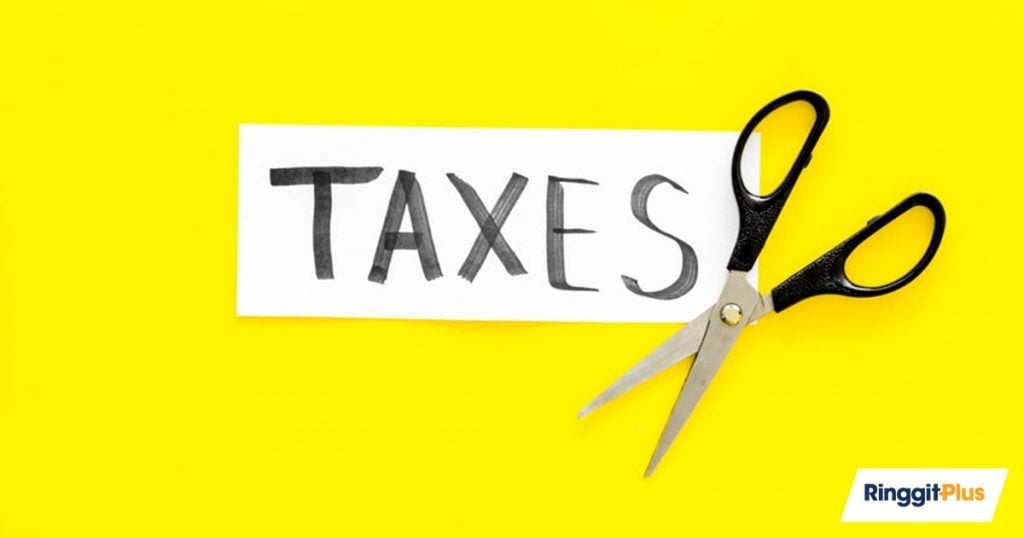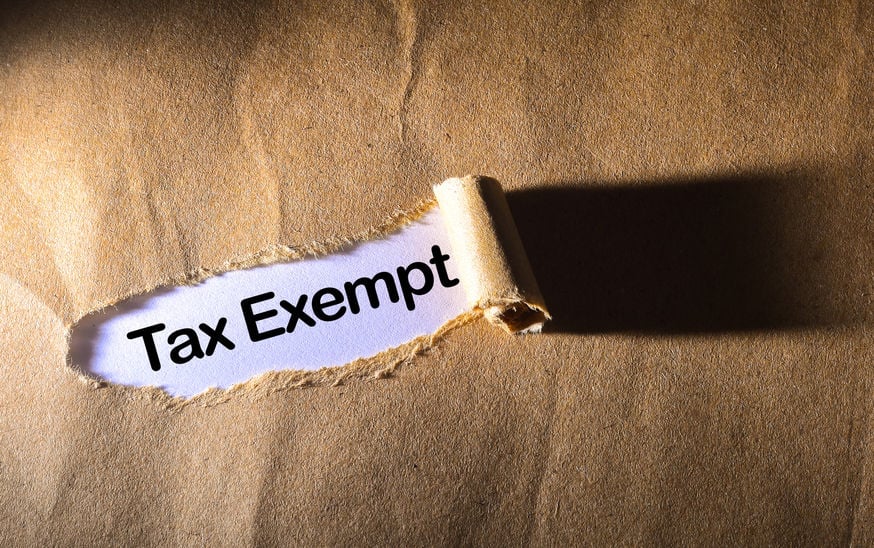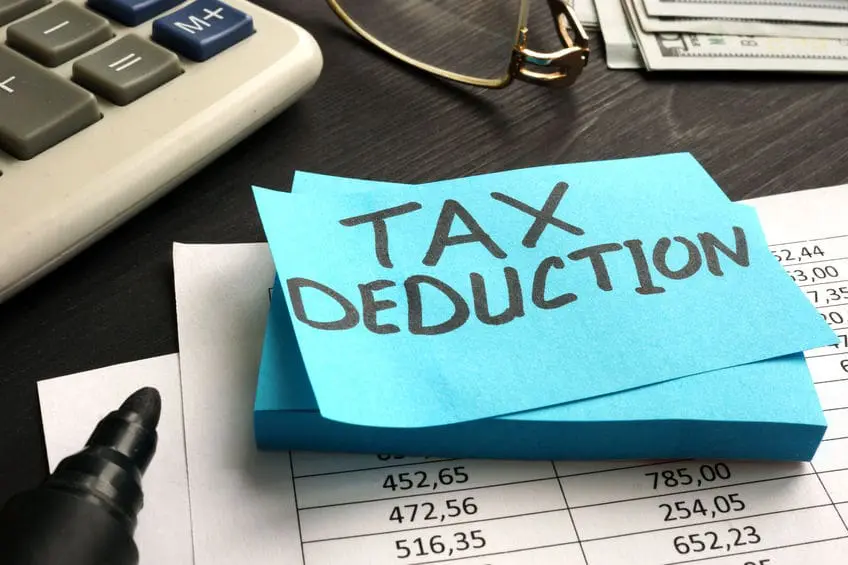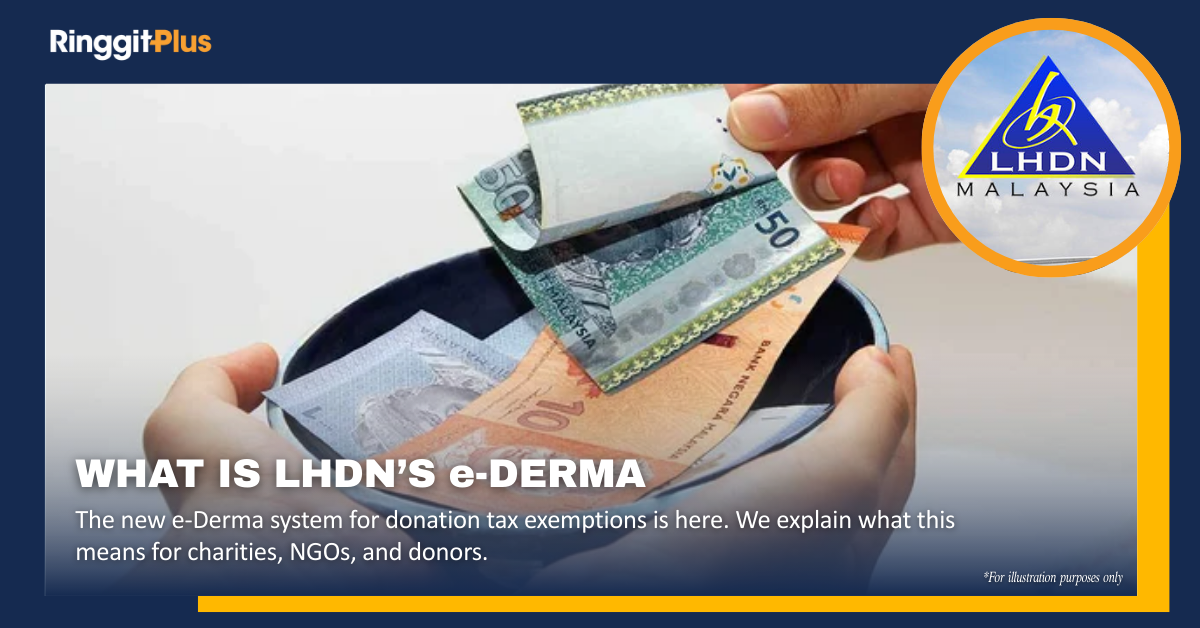Jacie Tan
3rd April 2024 - 5 min read

When it comes to filing your income tax, you’re probably familiar with claiming for tax reliefs. After all, tax reliefs are what we carefully keep our important receipts for, all with the aim of getting a bigger tax refund, right? While that is correct, tax reliefs aren’t the be all and end all when it comes to reducing amount of tax you pay.
In addition to income tax reliefs, there are tax rebates, tax deductions, and even tax exemptions too – which all pay a different role when it comes to lightening your tax burden. This article is for those of you who want to get a better grasp of how these different types of deductions affect your tax returns.
Income Tax Exemptions In Malaysia

If you think that tax exemptions don’t really concern you because you don’t claim for them in your returns form, you are about half correct. With the exception of incentives claimable under Section 127 of the Income Tax Act 1976, most tax exemptions won’t appear in your income tax returns form.
Tax exemptions are certain types of income that are exempted from tax. They don’t count towards your taxable income and so wouldn’t be part of the aggregate income figure that you fill in in your BE form. Usually, the part of your income or allowances that are tax exempted are displayed in a separate section in your EA form, so that they aren’t included in the total income amount that you will be taxed for.
Therefore, it might not be strictly your responsibility to determine what part of your income is tax exempt as it may already laid out on your EA form. However, if you’re not in regular employment or have a lot of perquisites and benefits-in-kind to keep track of, it’s especially important that you are aware of what tax exemptions you are entitled to.
You can find out more about tax exemptions, perquisites, and benefits-in-kind here.
Income Tax Reliefs In Malaysia

If you’ve ever bought a book or a smartphone and made a mental note to claim for income tax relief the next year, then you know how income tax reliefs work. Tax reliefs allow you to reduce your chargeable income. Your chargeable income affects what tax rate you will be charged with, which can ultimately help reduce the amount of tax you have to pay.
For example, let’s say your annual taxable income is RM40,000. Based on this amount, the income tax you should be paying is RM1,000 (at a rate of 8%). However, if you claimed a total of RM11,600 in tax relief, your chargeable income would reduce to RM28,400. This would allow you to drop down a tax bracket, lower your tax rate to 3%, and reduce the amount of taxes you owe to RM402. That’s a difference of RM598!
The Malaysian government has numerous tax reliefs that you can claim, so find out which tax reliefs you are eligible for here (for YA 2023).
Income Tax Deductions In Malaysia

A tax deduction actually works quite similarly to a tax relief as it also helps to reduce the amount you need to pay tax on. However, it’s listed under a different part in your income tax returns form and technically reduces your aggregate rather than chargeable income – although the end effect is basically the same.
The types of expenses that are tax deductible are different from that of tax reliefs. Tax deductions generally apply to donations, gifts, and contributions, such as a gift of money to a charity, organisation, or even the government. Members of professional bodies who pay a subscription fee can also claim this amount of expenditure as tax deductible. Meanwhile, tax reliefs cater more to the needs of the everyday Malaysian.
You can find more about the various types of tax deductions in Malaysia here.
Income Tax Rebates In Malaysia

Examples of tax rebates in Malaysia include tax rebates for zakat/fitrah, tax rebates for individuals whose chargeable income is below RM35,000, and tax rebates for married couples with joint tax files. Tax rebates work differently compared to tax reliefs and tax rebates because they actually reduce the amount of tax charged, not your chargeable income.
Let’s say you had a total annual income of RM45,000. In tax reliefs, you claim RM9,000 for automatic individual relief and RM2,500 for lifestyle expenses. This brings your chargeable income down to RM33,500, so you are taxed a total of RM555. Without a tax rebate, RM555 would be the amount of tax that you have to pay. However, since you are eligible for the individual tax rebate (RM400 off tax charged for individuals with a chargeable income below RM35,000), you only owe RM155 in tax altogether.
How To Maximise Your Income Tax Refund Malaysia

At the end of the day, we use tax reliefs, rebates, and so on to lessen the amount of tax we pay. Usually, because we’ve already been paying our income tax throughout the year in the form of monthly tax deductions (MTD, or also known as PCB), this would translate to using tax reliefs and the like to get a bigger tax refund. The lesser the amount of tax charged according to your income tax returns form, the more money you will get in your tax refund from the government – and this is always a good thing!
So, as you file your taxes for YA 2023 make sure you know what reliefs and rebates to claim for to maximise your income tax refund.





Comments (27)
So if i buy a RM2,500 laptop and I claim it under lifestyle tax relief, technically im not getting my RM2500 back is it via tax relief? this is just to help lower down my chargable income tax ?
Exactly! 😊
Claiming the RM2,500 under lifestyle tax relief doesn’t mean you’ll get RM2,500 back. It just helps reduce your chargeable income, which may lower the amount of tax you need to pay. So, it’s more of a tax saving, not a refund of the full amount.
Hi i have question
Im a housewife not working but i received email from bank tax relief (after 15yr this is first time I received email , im foreigner
Married local )
My husband is no longer work
How does it work? Does it really work?
Thank you
That’s interesting! Since it’s your first time getting an email after 15 years, it’s a good idea to double-check if it’s legit. Even though your husband isn’t working now, you might still be eligible for some tax reliefs as his spouse.
Best thing is to contact the bank or LHDN directly to confirm everything and make sure the email is real.
I have a question. Hope you can help. Just bought a laptop on Lazada. The original price is RM2500, but with added vouchers and shop discount.. it came to RM2000. The invoice received is of the original price purchased, RM2500. Can I claim tax relief under RM2500 or must be of purchased price of RM2000? Your answer would be helpful. Thank you!
In this case, you can only claim tax relief based on the actual amount you paid for the laptop, which is RM2000. The tax relief is calculated based on the price you paid after discounts, not the original price.
How about buying smartphone or laptop from eg; carousell (2nd hand devices), is this claimable?
In Malaysia, eligibility for tax relief on second-hand smartphones or laptops bought from platforms like Carousell may vary. Check with a tax advisor or LHDN for more info.
If i don’t have to pay taxes because income is Rm36k per year (meaning after epf and socso is below tax bracket), BUT i bought a macbook air, can i still claim and how much would i be able to claim?
If you purchased a MacBook Air for work or education purposes, you may be eligible to claim it on your taxes, but it’s best to check with a tax professional to determine the specific rules and amount you can claim.
Hi, may I know if i buy new smartphone, the bill is under my company but im paying for it.. Can i claim for personal tax deduction?
Hi, for the EPF part, if I am an employee with monthly contribution from normal payroll procedure, if i contribute voluntarily up to 4K annually does it mean that I am eligible for tax relief ?
Can I claim with the receipt that not under my name?
In most cases, tax deductions or claims require receipts under the taxpayer’s name. It’s best to consult a tax professional for help.
Is individual tax rebate RM400 for chargeable income less than RM35k still effective for YA 2022?
Paid ptptn can claim income tax?
PTPTN is an education loan, so no you can’t claim tax reliefs on it.
👌
Ok
If going on holiday but day trip didnt stay in hotel but visit places . Example going to penang on a day trip . Taking train going to bukit bendera .Can this receipt use to claim.tourism tax rebate .Please advise
Day trips typically do not qualify for tourism tax rebates as they don’t involve overnight stays in registered accommodations. It’s best to check with the relevant tourism authority or tax agency to confirm eligibility criteria for tourism tax rebates.
Is Cost of living allowance taxable in malaysia?
Total scrap of machine(cannot use n sell). Should do calculation on balancing charges.
Hello, is credit card cashback taxable in Malaysia?
No, it isn’t taxable because it isn’t considered as income.
Do I need to register online before purchase new smart phone or laptop for my kids?
No, you just need to keep the receipt for when you claim tax relief under your name (under Lifestyle purchase up to RM2,500).